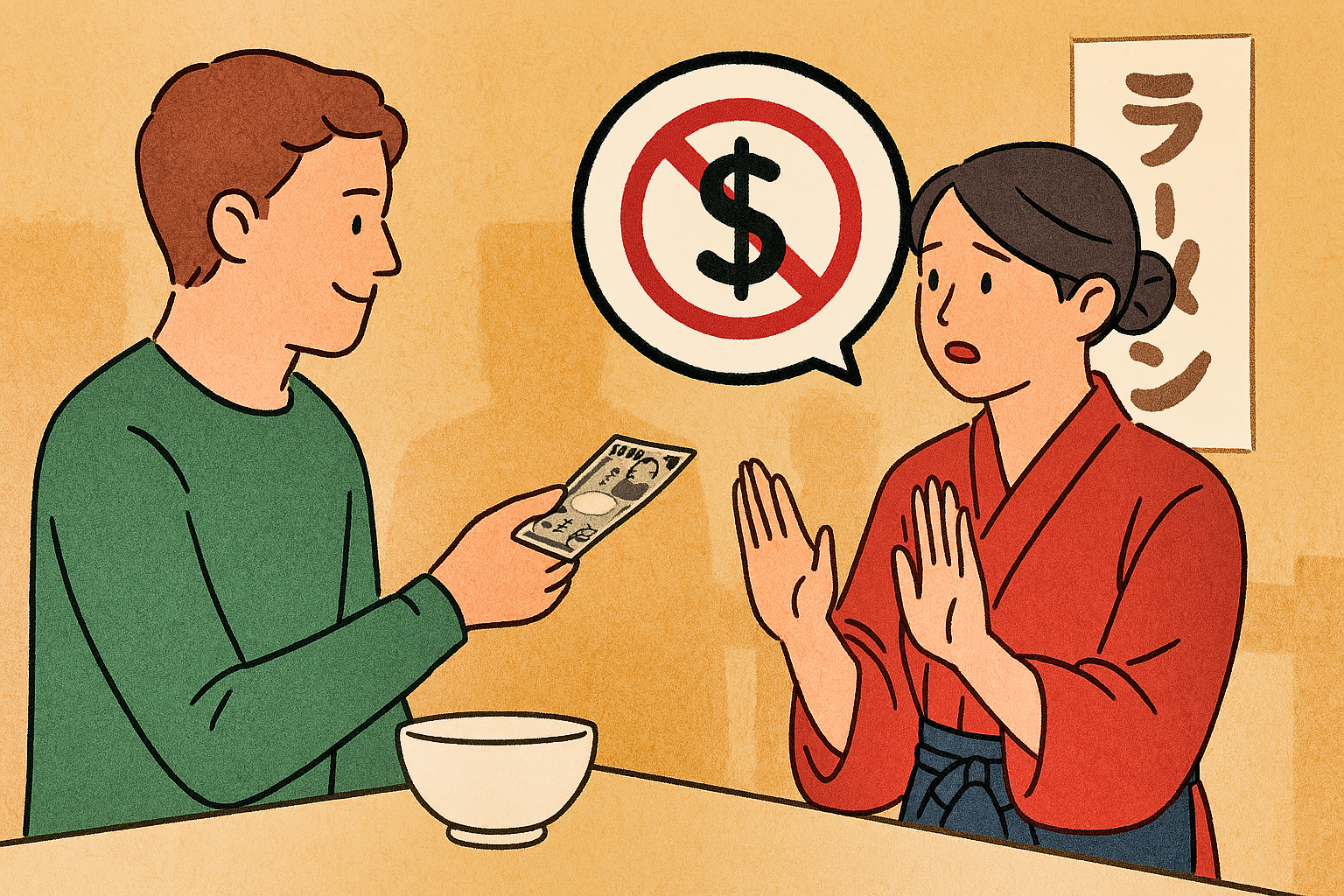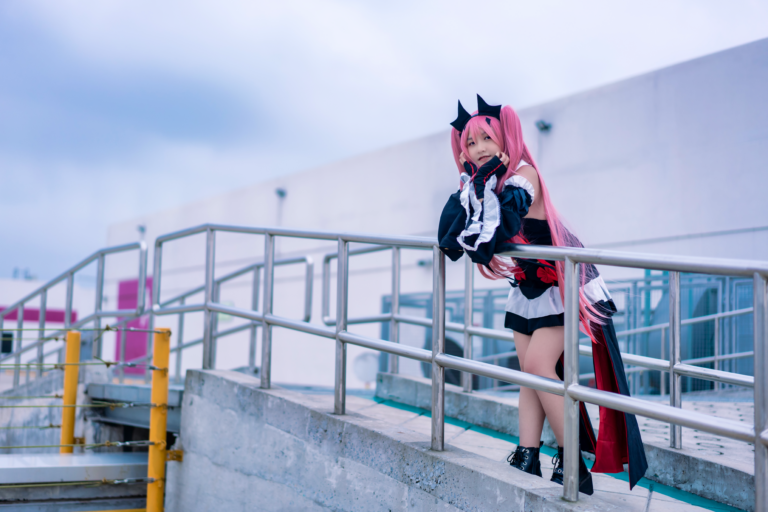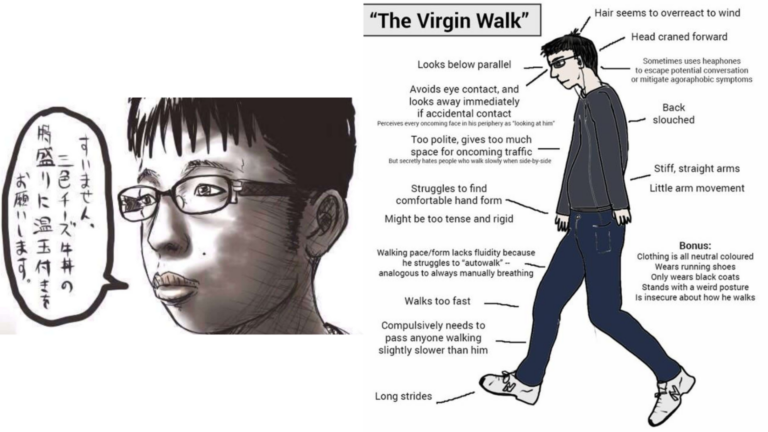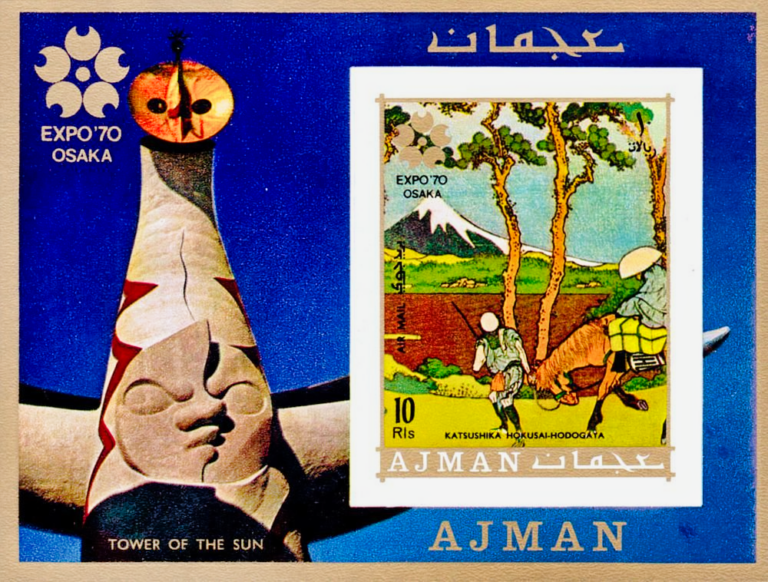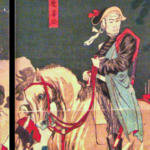So you’ve booked your tickets to the land of serene temples, bustling cityscapes, and unparalleled hospitality. But for many of you, one question creates unnecessary headaches: What’s the rule for tipping in Japan?
You may have heard the blanket statement: “Tipping is rude in Japan.” While it’s true that you’re not supposed to tip in most situations, the reality is more nuanced. What’s an overseas trip without a bit of cultural depth right?
Tipping isn’t so much a social faux pas as it is a fundamental clash with Japanese culture and business practices. Understanding the why behind this cultural custom will not only prevent awkward moments but will also give you a better appreciation for Japan’s exceptional service culture.
The Main Reason: Omotenashi and the Price of Pride
At the heart of the no-tipping culture is the Japanese concept of Omotenashi (おもてなし). Rather than just customer service, it’s a profound philosophy of wholehearted hospitality. The service you receive, impeccable, anticipatory, and sincere, is already included in the price. It is a point of pride for the staff to offer this exceptional experience without the expectation of an extra reward. This is intertwined with Japan’s general cultural belief that you should read the room.
To offer a tip can unintentionally imply:
- That the service is not already included in their job.
- That you see the staff as needing extra financial incentive to do their best.
- That you are creating a hierarchical relationship (giver vs. receiver) that makes many Japanese people uncomfortable.
In essence, the best way to “tip” in Japan is to offer a sincere and heartfelt “arigatou gozaimasu” (thank you). However, that’s not always the case. Japanese people are not some alien species that love to refuse money. Sometimes it’s about employer policy.
“No, No!” It’s Not Rudeness, It’s Often Policy
This is a crucial point many guides you’ll read miss explaining. When a hotel bellhop, taxi driver, or restaurant server quickly says “No, no!” and refuses your tip, it’s rarely because they are actually offended. Most Japanese shops in the big cities are used to foreigners tipping by now.
More often than not, it is prohibited by their employer for them to accept extra money.
Many companies have clear policies against employees accepting tips. Taking your money could get them in trouble with their manager. For a Japanese employee who may not be confident in their English skills, the easiest and fastest way to resolve the situation is to politely refuse with a gentle “no, no” or “daijoubu desu” (it’s okay), rather than attempting a complicated explanation in broken English about company policy.
They are not being rude nor are they offended by your offer, they are likely following the rules and avoiding a difficult conversation they can’t convey to you very well.
So, When Is Tipping Okay in Japan?
While the no-tipping rule is the standard, there are a few specific, traditional scenarios where a monetary gift is perfectly appropriate without awkwardness. In these cases, it is not called a “tip” but rather a “gift” and is presented in a specific, polite manner.
1. Ryokans (Traditional Inns) and High-End Restaurants
At a luxury ryokan, your stay is an immersive experience. If a particular attendant (usually the Nakai-san) has provided exceptional care, it is acceptable to offer a gift of money. This must be done correctly:
- Use a Special Envelope: Place clean, crisp bills in a decorative envelope called a shugi-bukuro (祝儀袋), which can be bought at any stationery store.
- Present it Discreetly: Do not hand it over directly. Place it on the table in your room at the end of your stay or hand it over with both hands (this is important) at the very end of your interaction, as a gesture of thanks.
2. Tour Guides
For a private tour guide who has given you an exceptional, personalized experience, a tip is a recognized gesture of gratitude. Again, present it to your guide in an envelope at the end of the tour.
3. The “Kokorozuke” for Ski Instructors and Fishing Guides
In certain specialized service industries like ski resorts or fishing charters, a kokorozuke (心付け), literally tip from the heart, is an established practice. It follows the same standard etiquette, money in an envelope, presented discreetly at the end of the service.
How to Show Appreciation Without Tipping
Since cash tips can be problematic and you might not wanna risk an awkward situation, here are the best and most appreciated ways to show your gratitude in Japan:
- A Sincere and Specific Thank You: A clear, heartfelt “arigatou gozaimashita” (thank you for what you have done) while bowing slightly is the most powerful and culturally appropriate “tip” you can give.
- A Small Gift from Your Home Country: This is a great alternative. Items like local candies, high-quality chocolates, or small handicrafts from your homeland are often received with genuine delight. Again, present the gift with both hands.
- Follow the Rules and Be a Polite Customer: The ultimate compliment in a culture that values harmony is to be a respectful, patient, and understanding guest. Follow the establishment’s rules, don’t cause a disturbance, and clean up after yourself.
- Write a Positive Review: For smaller businesses, tour guides, or ryokans, taking the time to write a glowing review on platforms like Google or TripAdvisor is incredibly valuable and costs nothing.
Sounds too generic? Sure, but when was the last time you went out of your way to do all 4 of those? That’s right, we take it for granted sometimes that we should just get good service. Showing gratitude isn’t much, but it goes a long way.
Tipping Cheat Sheet: Quick Do’s and Don’ts
- DON’T tip at standard restaurants, cafes, taxis, or hotels.
- DON’T insist if someone refuses a tip. Simply put your money away with a smile and a thank you.
- DO carry a few shugi-bukuro envelopes if you plan on staying at a high-end ryokan or hiring a private guide. You can get them at Don Quijote or Daiso.
- DO use the phrase “Kore wa kokorozuke desu” (“This is a small token of my appreciation”) when presenting the envelope.
- DO rely on a sincere thank you as your primary tool for showing gratitude.
- MAYBE ask them if it’s ok to give them a tip (assuming their English is good), it can be awkward but a heartfelt question is never rude.
Closing Thoughts
Now you know that navigating tipping in Japan is less about memorizing rules and more about understanding a culture built on respect, pride, and omotenashi. Know that when a server says no to your extra yen, remember they are likely protecting their job and upholding their employer’s rules, not rejecting your kindness.
You’re now more knowledgeable about tipping in Japan than 90% of tourists because you know why beyond just “it’s rude”. So go forth and enjoy your next trip without guilt over tipping and know that even if you make a mistake, Japanese people are more understanding than many stereotypes make them seem.
FAQ
Is tipping rude in Japan?
Generally no, it’s not rude. It’s just generally prohibited by most employers and uncommon for most services.
What happens if I leave money on the table?
Chances are, the staff will run after you to return it. They don’t want to get in trouble.
Can I tip my tour guide in Tokyo?
Yes, use a sealed envelope for discretion and politeness. You can find them at Daiso or Don Quijote.
Why do Japanese people refuse instead of explaining company policy?
With limited English fluency, “no, no” is the quickest polite refusal. Japanese people are as worried if not more worried about offending you than you are of offending them.
